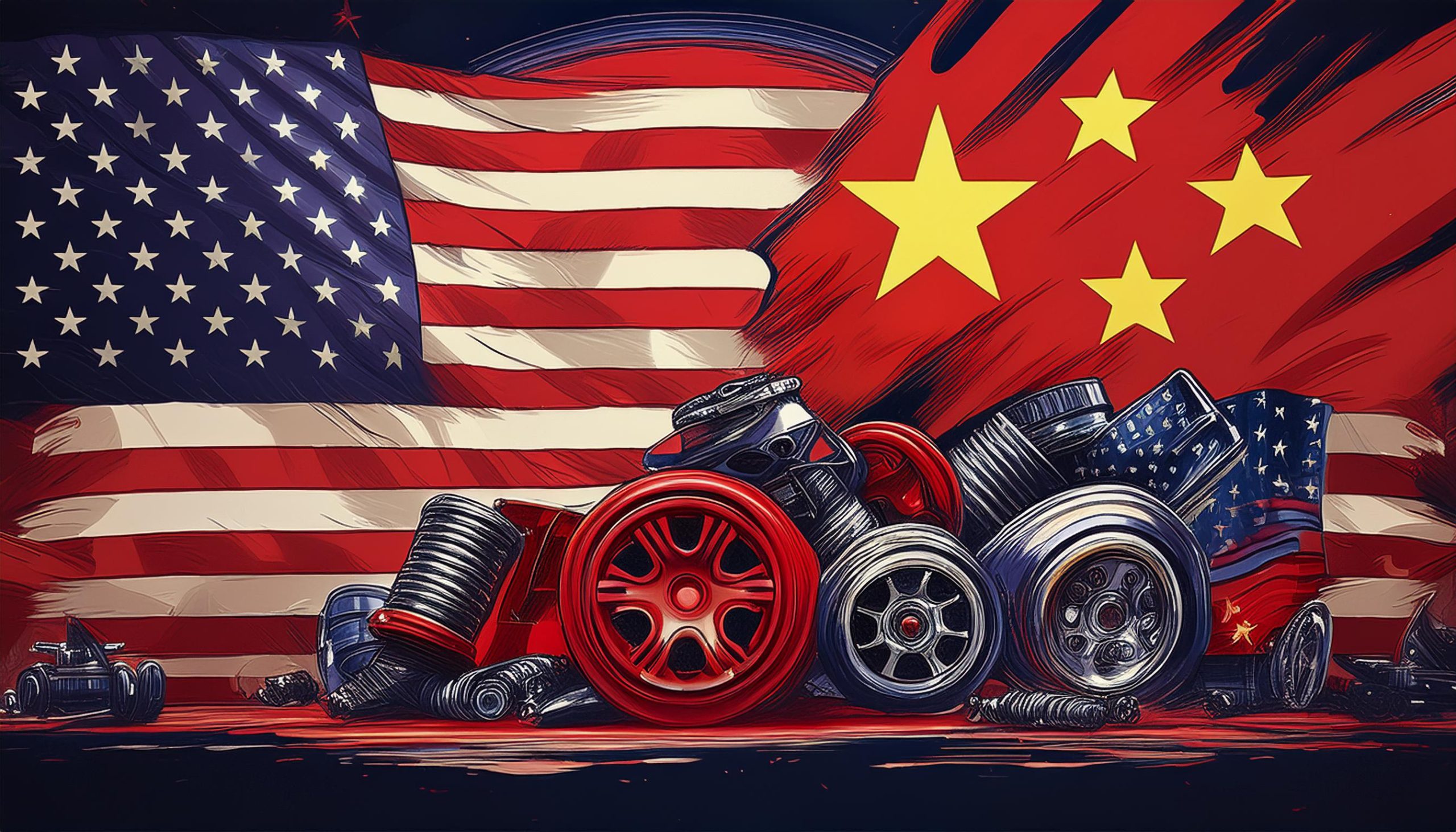
If there’s one issue that’s going to change the automotive aftermarket more than anything, it’s the economic and political relationship between the United States and China, an industry advocate predicted.
At the MEMA Aftermarket Suppliers Vision Conference in Detroit, Ann Wilson, senior vice president of government affairs for MEMA, delivered a critical analysis of the evolving economic relationship between the two countries and underscored the significant implications of ongoing and potential future tariffs, as well as the challenges posed by tariff evasion and the increasing presence of Chinese suppliers in North America.
In short, it’s a complex landscape to navigate and aftermarket suppliers must be prepared to respond to these geopolitical and economic developments.
Wilson emphasized the likely continuation and expansion of the Section 301 tariffs under the Biden administration. These tariffs are trade sanctions imposed by the U.S. on various Chinese goods in response to Chinese trade practices, including intellectual property theft and forced technology transfer. They kicked in under then-president Donald Trump in 2018, affecting a wide range of products and aimed to pressure China into making trade policy changes beneficial to the U.S.
It wouldn’t surprise Murray to not only see the tariffs continue but possibly expand should Democrats win the November election. “President Trump has already said that, if he’s in office, he’s going to expand some of those tariffs to 50 per cent,” she added.
Steel and aluminum tariffs are currently at 25 per cent.
Wilson highlighted the problem of tariff evasion, describing a practice where parts are shipped from China to Thailand, repackaged and then imported into the United States.
“Folks, that is not substantial transformational of a part. That’s fraud and it’s against the law. And we’ve seen the Department of Justice really hone in on that,” she stated.
‘Substantial transformation’ is a concept to determine a product’s country of origin for tariff purposes. Substantial transformation is considered to have taken place when a product, such as an automotive part, goes through significant manufacturing or processing in a country, changing its name, character or use. For example, auto parts from various countries assembled into a functional vehicle in another country might be considered substantially transformed. This would alter its origin for tariff classification. But, as Wilson pointed out, simply changing the box it comes in does not qualify.
Furthermore, the shifting landscape includes a notable increase in Chinese suppliers setting up operations in Mexico. “We have some members who are vehemently opposed to this and want us to do something — that something has yet to be defined, but they want us to do something,” Wilson noted.
She added, however, that other members are more accepting as long as the competition remains fair and everyone plays by the same rules.
Wilson pointed out that the U.S. government is considering a more stringent approach beyond tariffs. “What the government is really looking at is, we’re not just going to tariff goods coming from China, either through Mexico, Thailand or anyplace else — we’re going to prohibit them,” she explained.
This could have far-reaching consequences, particularly in areas involving advanced automotive technologies.
“So what they’re saying on information technology is, ‘If you’re part of this list, we’re going to prohibit the ability to bring that technology into the United States,’” Wilson said.
She highlighted that this prohibition could affect a wide range of automotive technologies, not just fully automated vehicles.
“Keep in mind, in that list of things like (automated emergency braking), lane keeping devices, backup cameras,” Wilson said, noting the political pressure to ban the importation of Chinese electric vehicles as a driving factor.

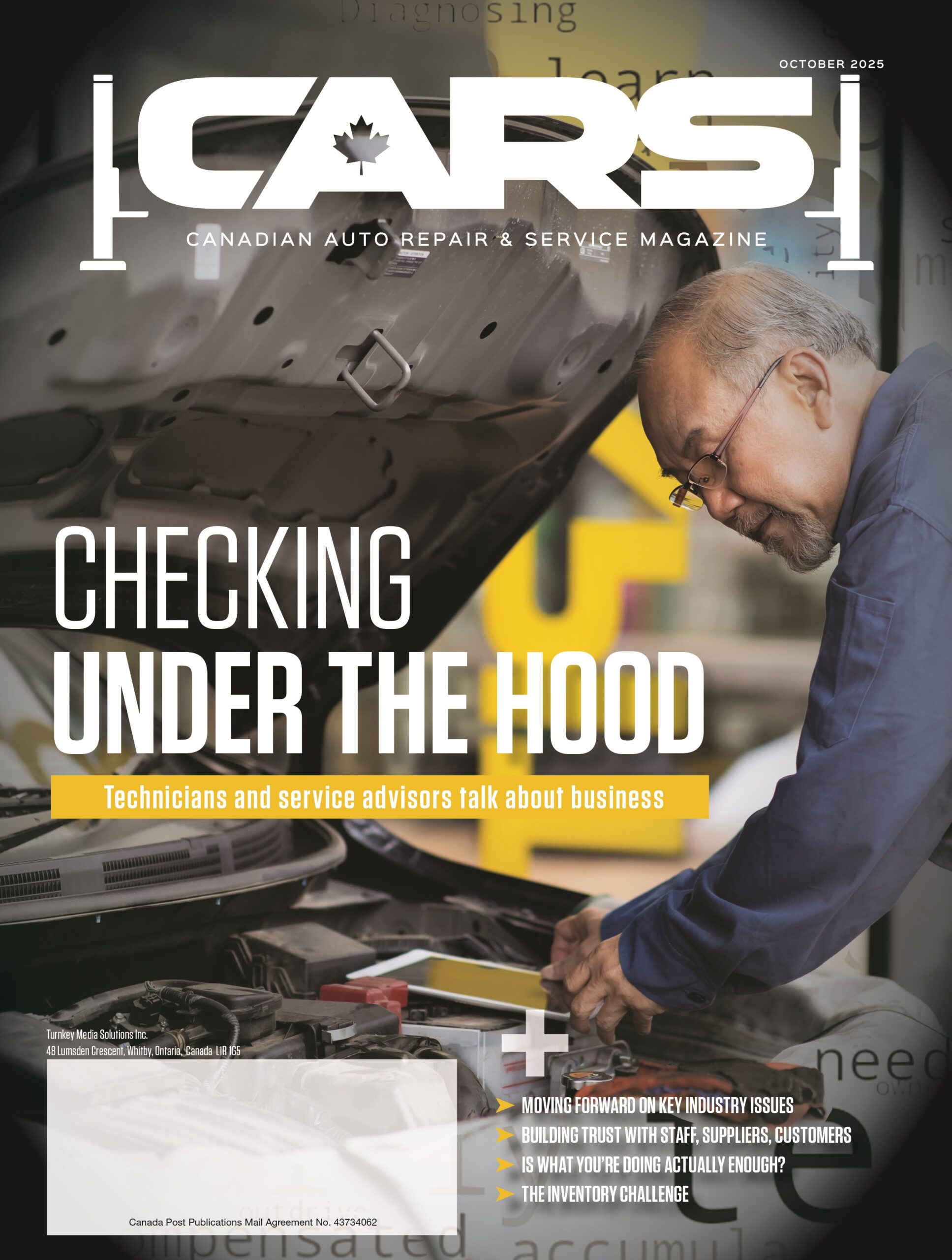

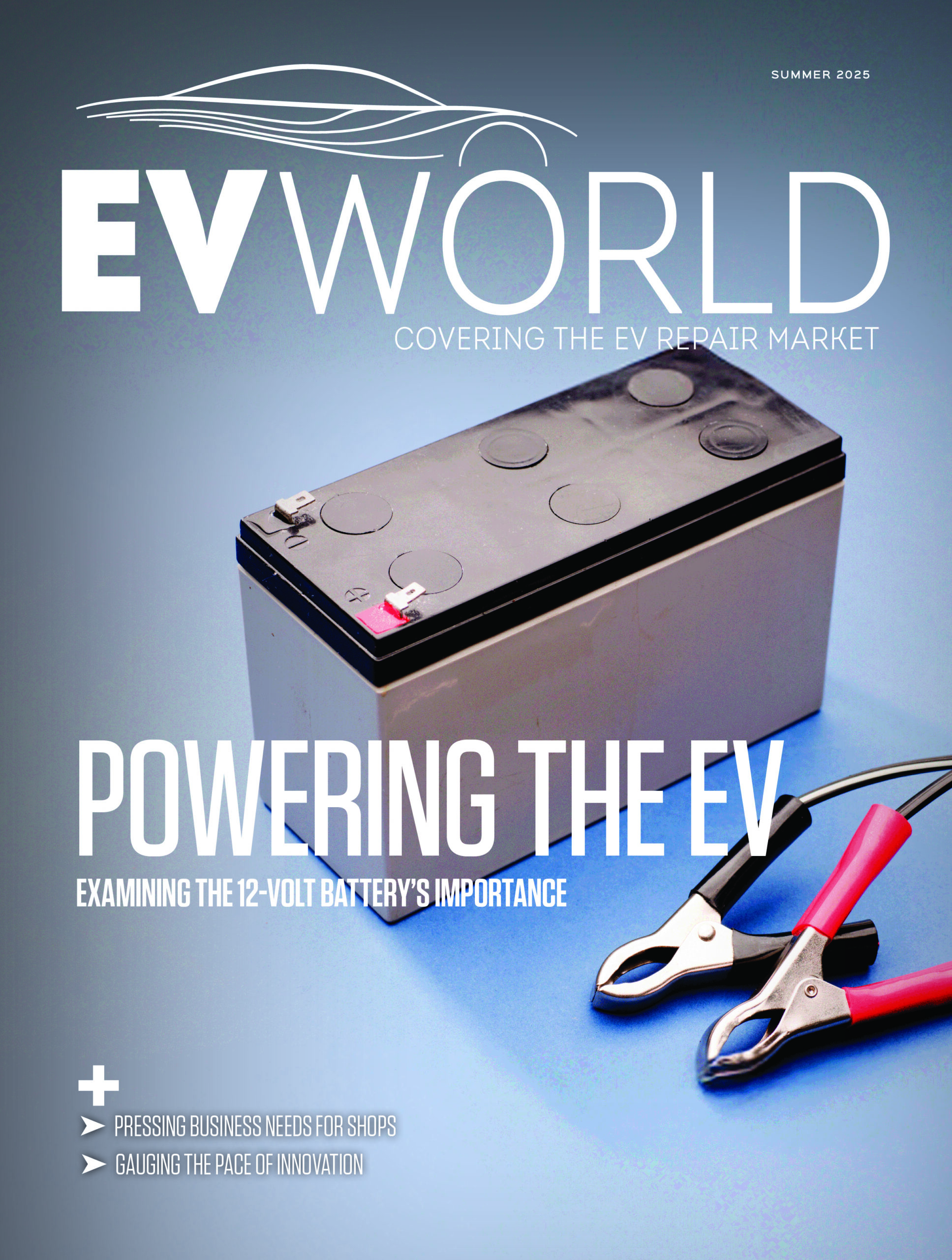



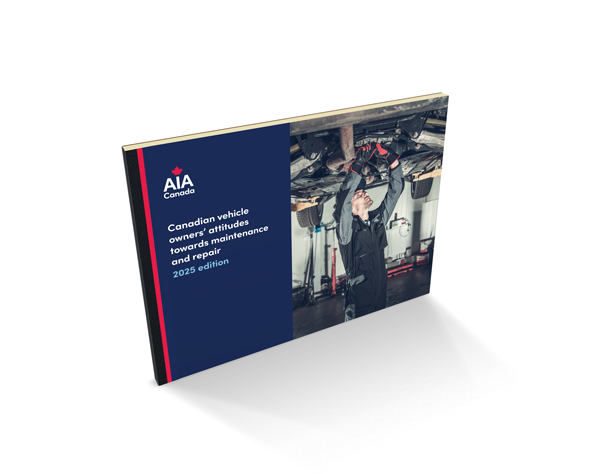
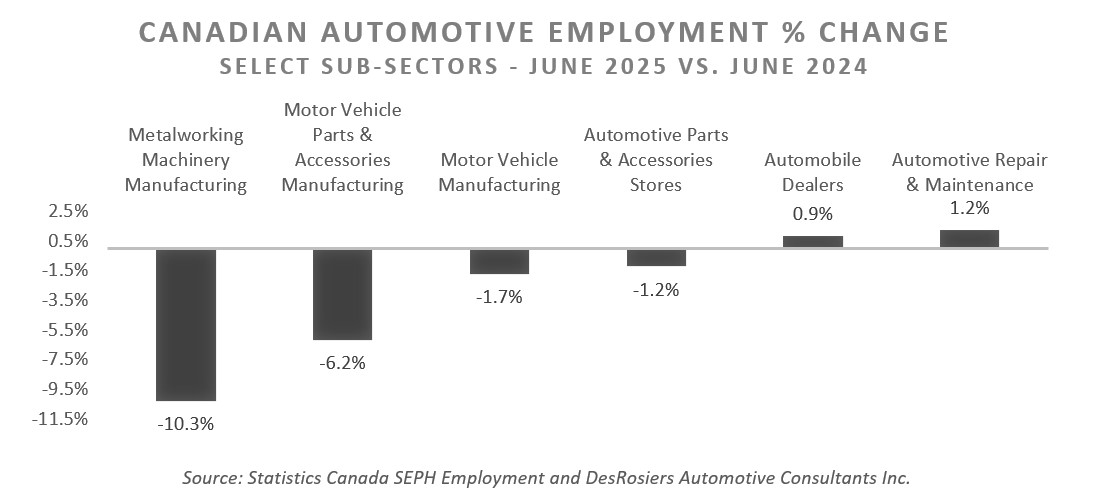



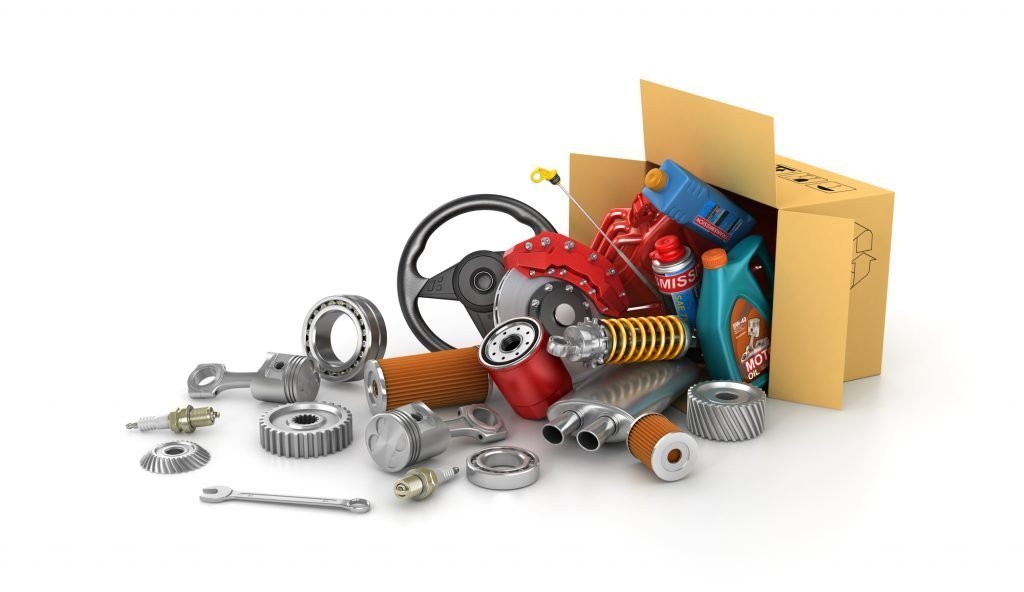
Leave a Reply